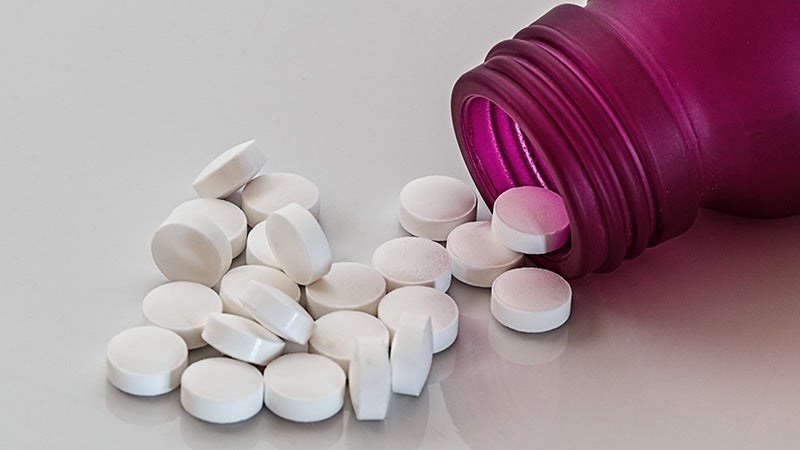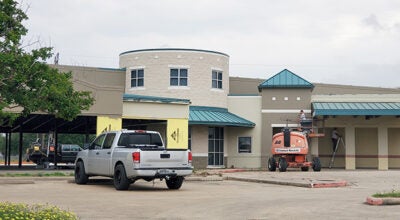See how much $$$ Port Arthur & Mid County cities to receive from State’s settlement with opioid manufacturers
Published 12:26 am Thursday, November 18, 2021
|
Getting your Trinity Audio player ready...
|
All four cities in Mid and South County will receive funds from a state-wide opioid settlement as the Centers for Disease Control announced this week that fatal overdoses reached an all-time high.
According to information from the office of Texas Attorney General Ken Paxton, allocations in Jefferson County include $367,945 to Port Arthur, $44,585 to Nederland, $40,752 to Groves and $38,849 to Port Neches. Beaumont is also slated to receive $683,010.
The payouts are part of a multi-billion dollar settlement between several states and opioid manufacturers Johnson & Johnson, AmerisourceBergen, Cardinal Health and McKeeson.
Under an agreement reached in July, Paxton’s office announced, Texas receives $1.17 billion from distributors and $268 million from Johnson & Johnson.
News of the payouts comes near Wednesday’s announcement from the CDC that the U.S. has surpassed 100,000 overdose deaths in the last year — a near 30 percent jump.
“As we continue to make strides to defeat the COVID-19 pandemic, we cannot overlook this epidemic of loss, which has touched families and communities across the country,” President Joe Biden said in a written release following the CDC’s announcement.
“We’re working to make health coverage more accessible and affordable for all Americans, so that more people who need care can get it.”
A report from the Associated Press said the increased number of opioid-related deaths are believed to derive mainly from fentanyl, as well as the social isolation drug users faced during the pandemic shutdown.
Fentanyl, heroin, oxydcodone (oxycontin), hydrocodone (vicodin), morphine and methadone are all classified as opioids. The CDC reports that they accounted for more than 70 percent of all drug overdose deaths in 2019.
Last year, the number of deadly overdoses hit a record high at 93,000, according to CDC data.
Once funds are received, their available use includes but is not limited to: Training for first responders, schools, community groups and families; help with those who are uninsured; providing education and youth-focused programs that “discourage or prevent misuse;” provide treatment and recovery support services; media campaigns aimed at preventing opioid; and funding for community drug disposal programs.
Cities that have not signed up for the reimbursement program have until January.






